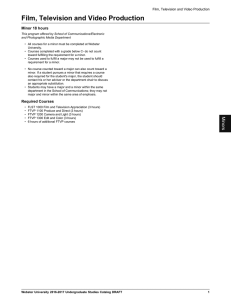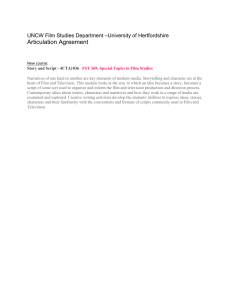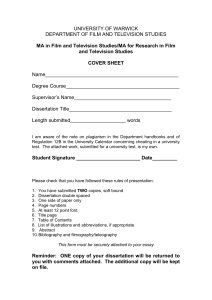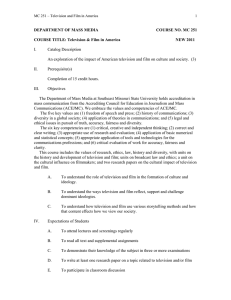Viewing Guide
advertisement
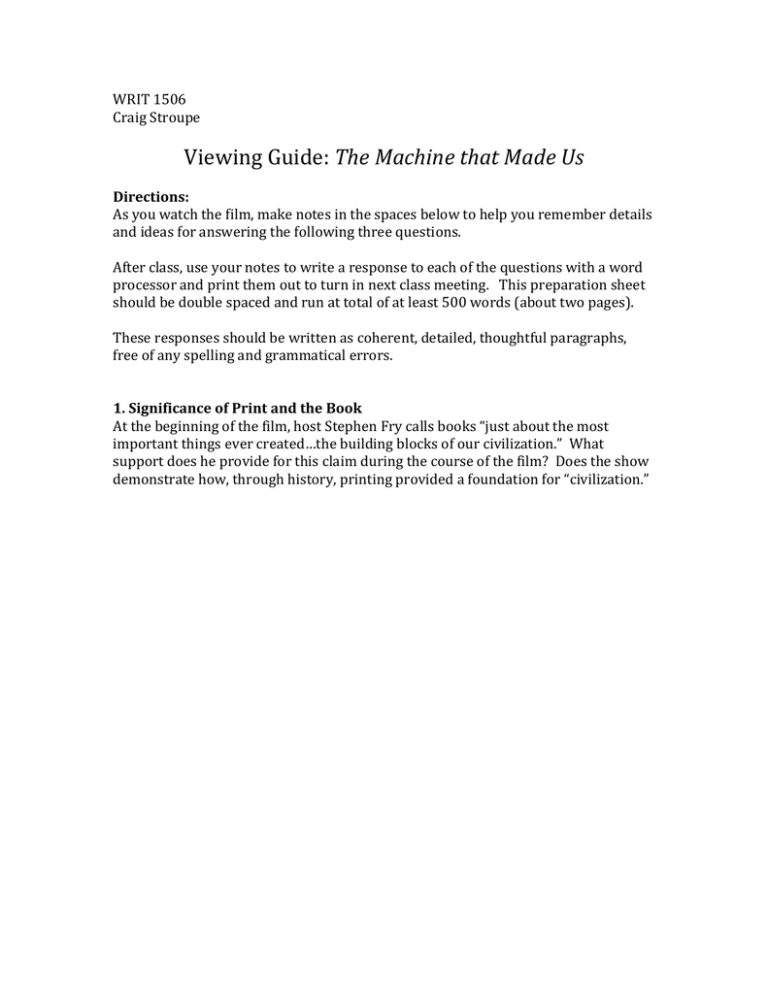
WRIT 1506 Craig Stroupe Viewing Guide: The Machine that Made Us Directions: As you watch the film, make notes in the spaces below to help you remember details and ideas for answering the following three questions. After class, use your notes to write a response to each of the questions with a word processor and print them out to turn in next class meeting. This preparation sheet should be double spaced and run at total of at least 500 words (about two pages). These responses should be written as coherent, detailed, thoughtful paragraphs, free of any spelling and grammatical errors. 1. Significance of Print and the Book At the beginning of the film, host Stephen Fry calls books “just about the most important things ever created…the building blocks of our civilization.” What support does he provide for this claim during the course of the film? Does the show demonstrate how, through history, printing provided a foundation for “civilization.” 2. Made Us What? The title of the film is “The Machine that Made Us.” What values, beliefs, characteristics, or ideologies characterize “us,” according to the film? How does the show define a “typographic” us (perhaps parallel to how Ong defines the oral “them”)? Be sure to support all your answers with details from the film. 3. Container Determines the Content? (Secondary Orality) This film is an example of a type of celebrity-hosted, popular history program frequently seen on television (especially cable)—as well as what Ong calls “secondary orality” (11). If Ong is right that “writing restructures consciousness,” maybe television has also restructured consciousness: our sense of self, our sense of time, or society, and of history. What are the characteristics of this form (the “genre” of popular television history) which you see in The Machine That Made Us? How does this format shape the content? In what ways do these kinds of shows tend to present the same story or plot, the same kind of central characters, the same view of society? How does the television medium determine the kinds of information and stories the producers feature, as well as the kinds of information or ideas that they leave out or gloss over?
